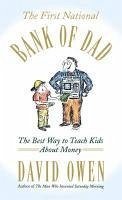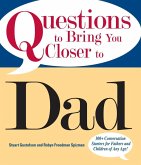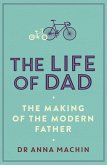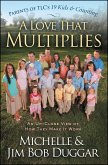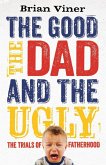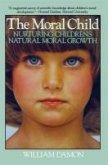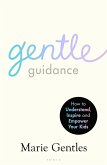David Owen, a New Yorker staff writer and the father of two children, has devised a revolutionary new way to teach kids about money. In The First National Bank of Dad, he explains how he helped his own son and daughter become eager savers and rational spenders. He started by setting up a bank of his own at home and offering his young children an attractively high rate of return on any amount they chose to save. "If you hang on to some of your wealth instead of spending it immediately," he told them, "in a little while, you'll be able to double or even triple your allowance." A few years later, he started his own stock market and money-market fund for them.
Most children already have a pretty good idea of how money works, Owen believes; that's why they are seldom interested in punitive savings schemes mandated by their parents. The first step in making children financially responsible, he writes, is to take advantage of human nature rather than ignoring it or futilely trying to change it.
"My children are often quite irresponsible with my money, and why shouldn't they be?" he writes. "But they are extremely careful with their own." The First National Bank of Dad also explains how to give children real experience with all kinds of investments, how to foster their charitable instincts, how to make them more helpful around the house, how to set their allowances, and how to help them acquire a sense of value that goes far beyond money. He also describes at length what he feels is the best investment any parent can make for a child -- an idea that will surprise most readers.
Dieser Download kann aus rechtlichen Gründen nur mit Rechnungsadresse in A, B, BG, CY, CZ, D, DK, EW, E, FIN, F, GR, HR, H, I, LT, L, LR, M, NL, PL, P, R, S, SLO, SK ausgeliefert werden.

